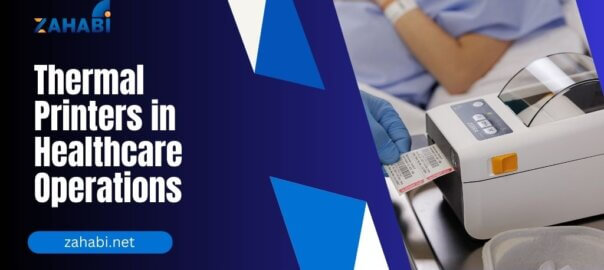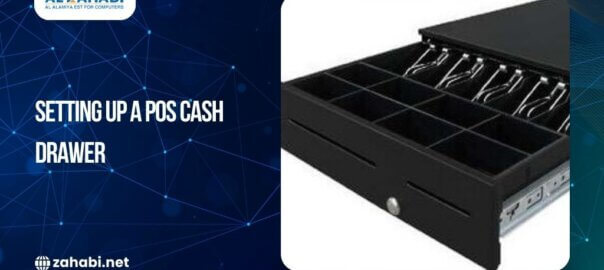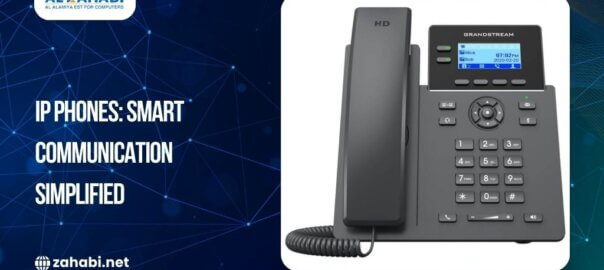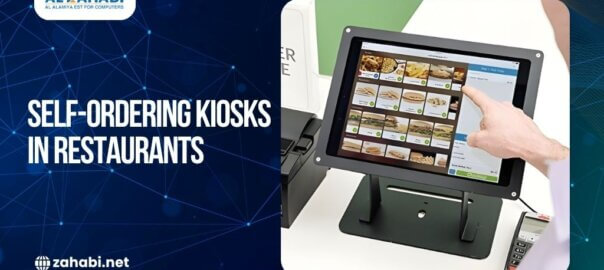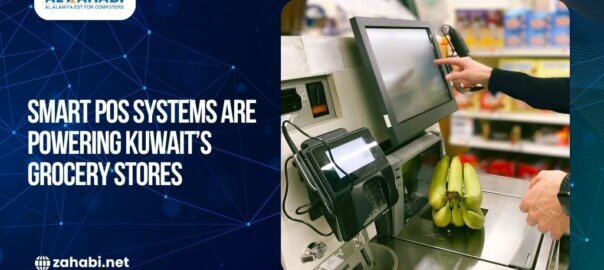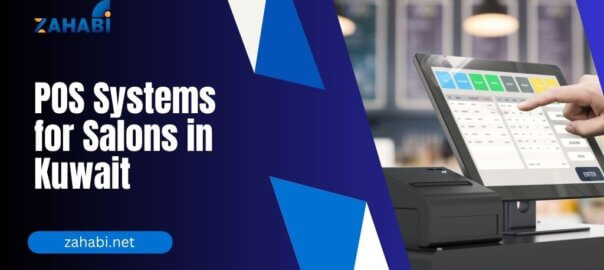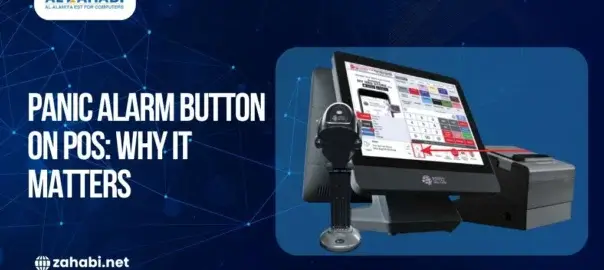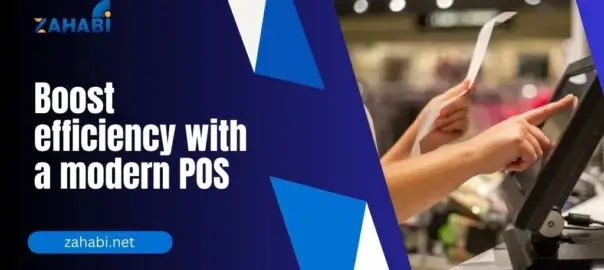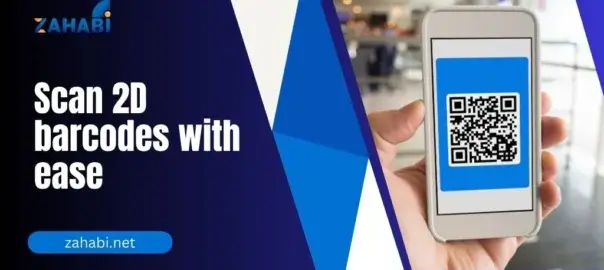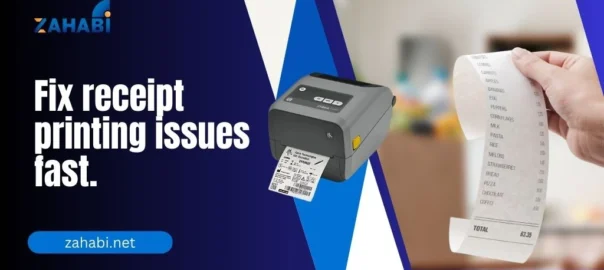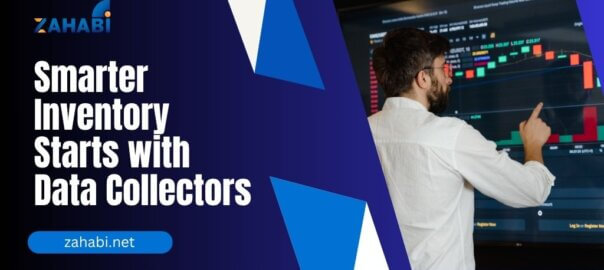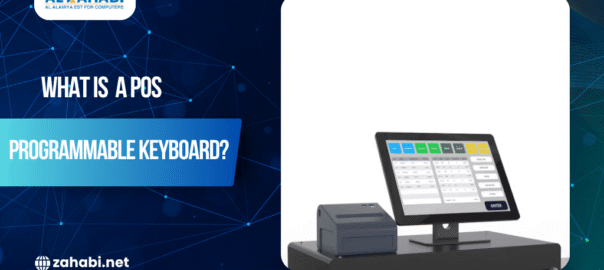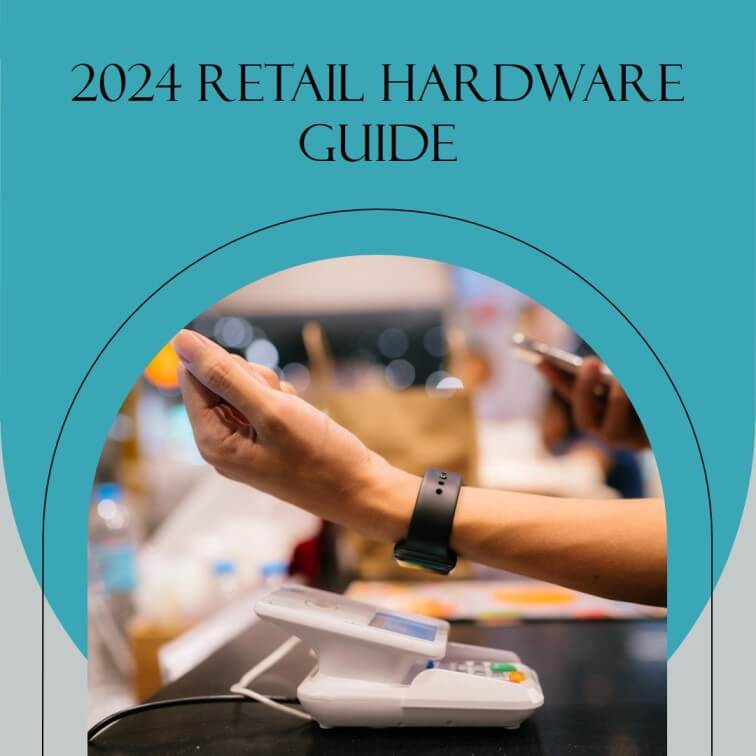
Starting a retail business involves meticulous planning, particularly when it comes to determining the best hardware to support your operations. The Point of Sale (POS) system is an essential component of every retail establishment, as it facilitates transactions and manages inventory. In this detailed tutorial, we’ll go over the key hardware that every new merchant requires, with a focus on POS devices and suppliers.
Point of sale (POS) machines:
A point-of-sale (POS) machine is the heart of your retail operation. It is where transactions are handled, inventory is kept, and sales data is gathered. When selecting a POS machine, consider price, ease of use, compatibility with other applications, and customer support. Look for touchscreen interfaces, barcode scanners, receipt printers, and integrated inventory management solutions.
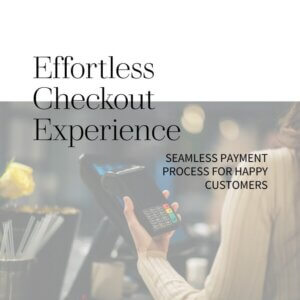
pos machine
Barcode Scanner:
Barcode scanners automate the process of entering product information into the POS system, which reduces errors and speeds up transactions. Choose a barcode scanner that is reliable, quick, and works with your POS software. Handheld scanners are useful for scanning items at the checkout counter, whereas fixed-mount scanners are best suited for high-volume environments.
Receipt printer:
A receipt printer allows you to give customers printed receipts for their purchases. Thermal printers are popular due to their fast printing speeds and low maintenance requirements. When purchasing a printer for your POS system, consider the size of the receipt paper rolls as well as the connecting options (USB, Ethernet, or wireless).
Cash Drawer:
A cash drawer is necessary for safely storing currency during transactions. Look for a cash drawer that is strong and trustworthy, has many compartments for managing money and coins, is lockable, and works with your POS system.
Payment terminals:
To accept credit and debit card payments, you will need a payment terminal or card reader. Choose a terminal that accepts EMV chip cards, NFC/contactless payments, and magnetic stripe cards. Consider whether you want a standalone terminal or one that integrates with your POS system for seamless transaction processing.
Scales:
A scale is necessary for precise product measurement and pricing if you sell goods by weight, such as produce or bulk items. Seek out a digital scale with a sizable, legible display and a sturdy, spotless platform.
Label Printer:
Barcodes and price tags as well as product labels can be printed with label printers. Select a label printer with characteristics like rapid printing speeds, high-resolution printing, and compatibility with your point-of-sale system that can accommodate the label sizes and types you require.
When procuring hardware for your retail establishment, consider collaborating with a trustworthy point-of-sale (POS) provider who can offer not just the gear but additionally continuous assistance and upkeep. The following advice can help you choose a POS provider:
Reputation:
Select a vendor who has a history of delivering dependable hardware and top-notch customer support. Examine internet reviews and get recommendations from other shops.
Compatibility:
Verify if the supplier’s hardware works with the POS software of your choice as well as other systems (such e-commerce platforms or accounting software).
Training:
To ensure that you set up and operate your point-of-sale system efficiently, search for a provider who provides thorough assistance and training. This covers personnel training, installation on-site, and continuous technical support.
Scalability:
Select a provider who can expand with your company. Seek for hardware solutions that are adaptable and can be readily modified or expanded to accommodate your evolving requirements.
You may set yourself up for success right away in your retail business by making the appropriate hardware investments and working with a reputable pos supplier. Spend some time investigating your possibilities, evaluating your requirements, and selecting gear that will help you achieve your current and long-term company objectives. You can improve customer service, streamline processes, and spur growth for your retail company with the correct tools in place.

